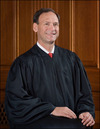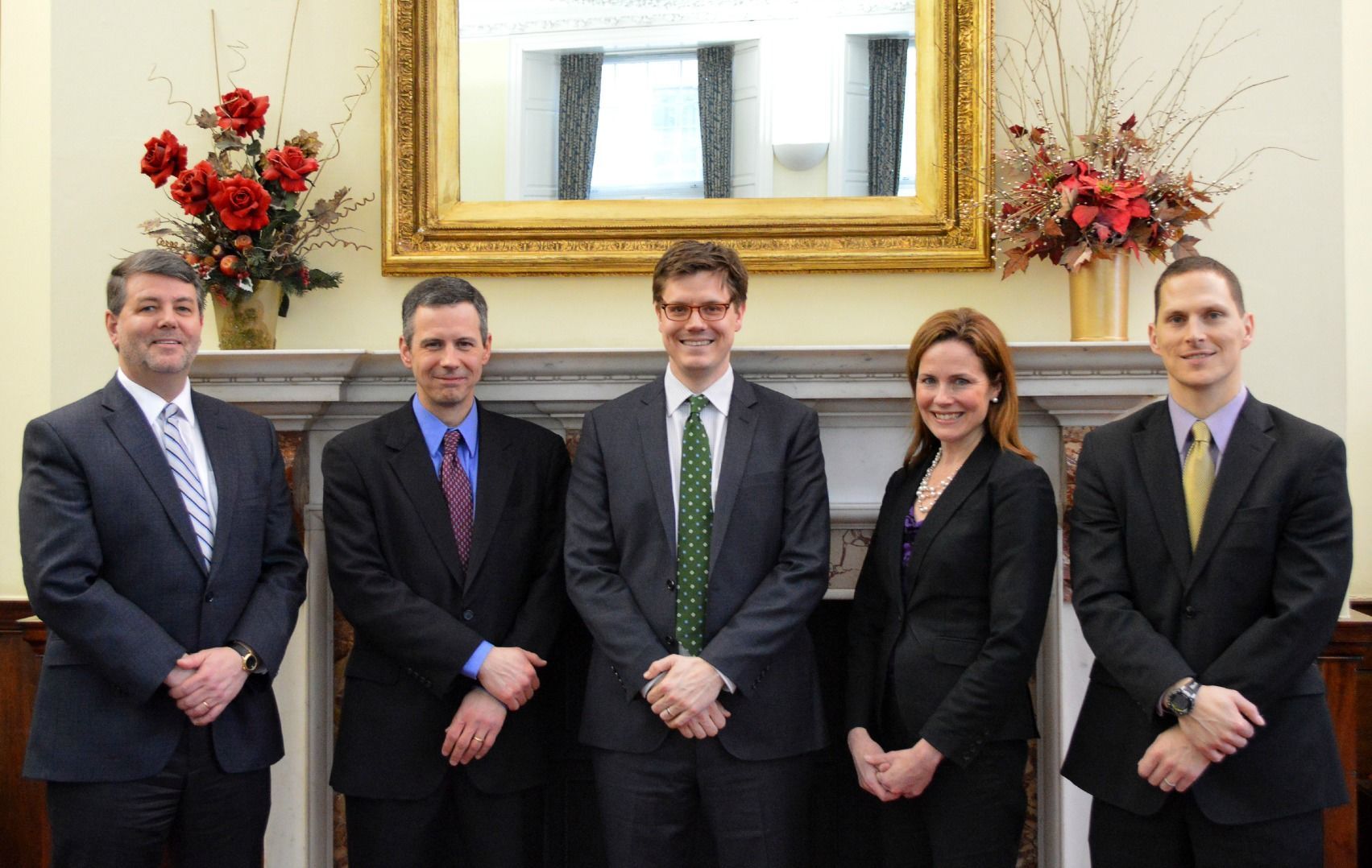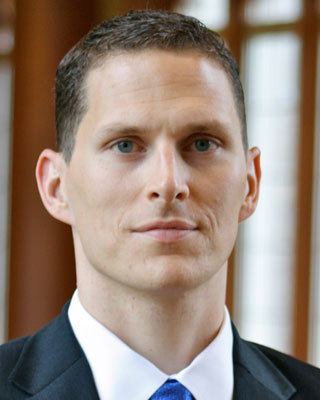Notre Dame Law School Hosts Meeting of the Advisory Committee on the Federal Rules of Appellate Procedure

This week, Notre Dame Law will host the Advisory Committee on the Federal Rules of Appellate Procedure at its Chicago facilities. Professor Amy Coney Barrett, Diane and M.O. Miller, II Research Chair in Law, is a member of the committee. The committee will meet Thursday and Friday Oct. 29-30 at the Notre Dame Law Suite on Michigan Ave.





